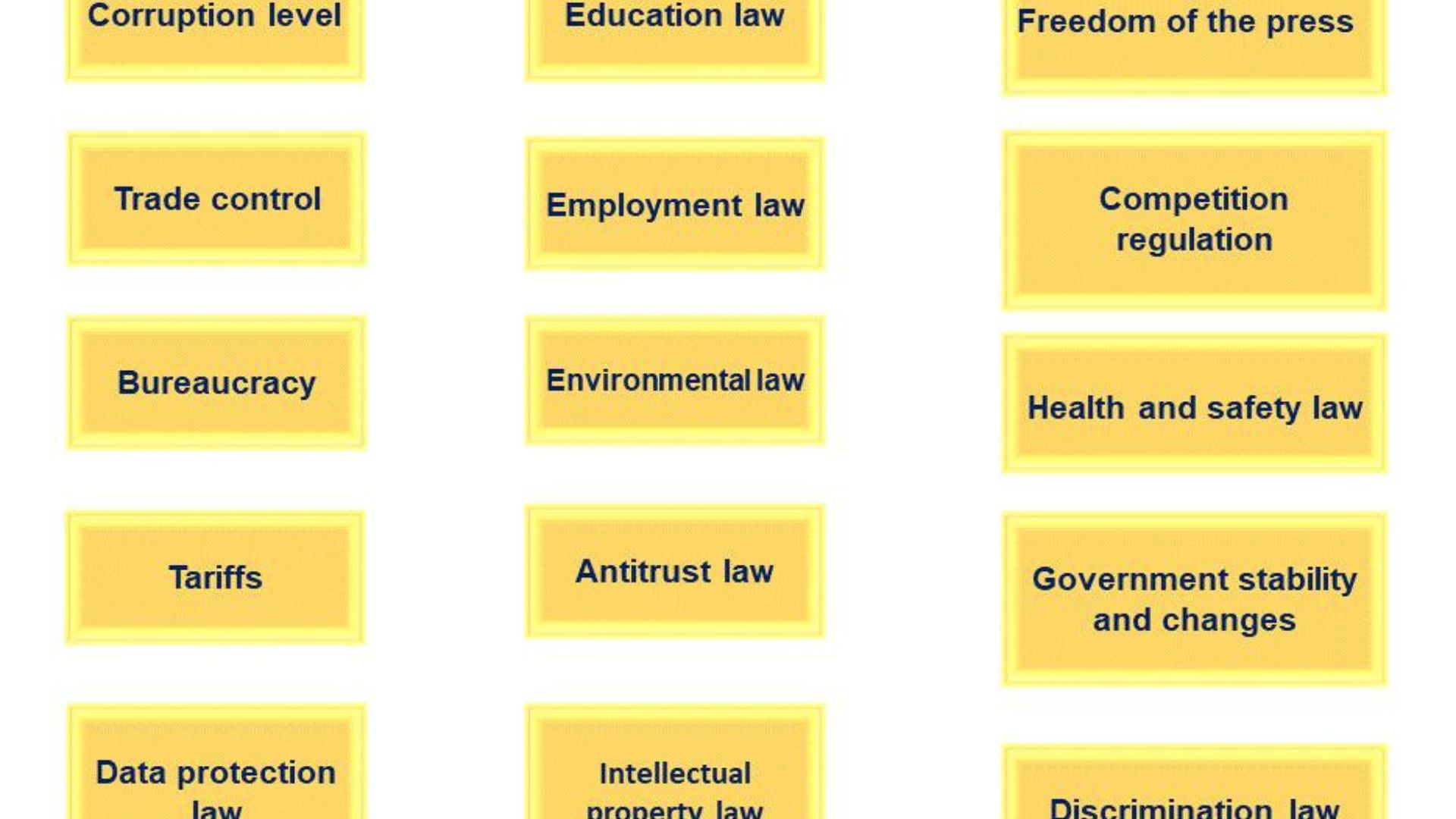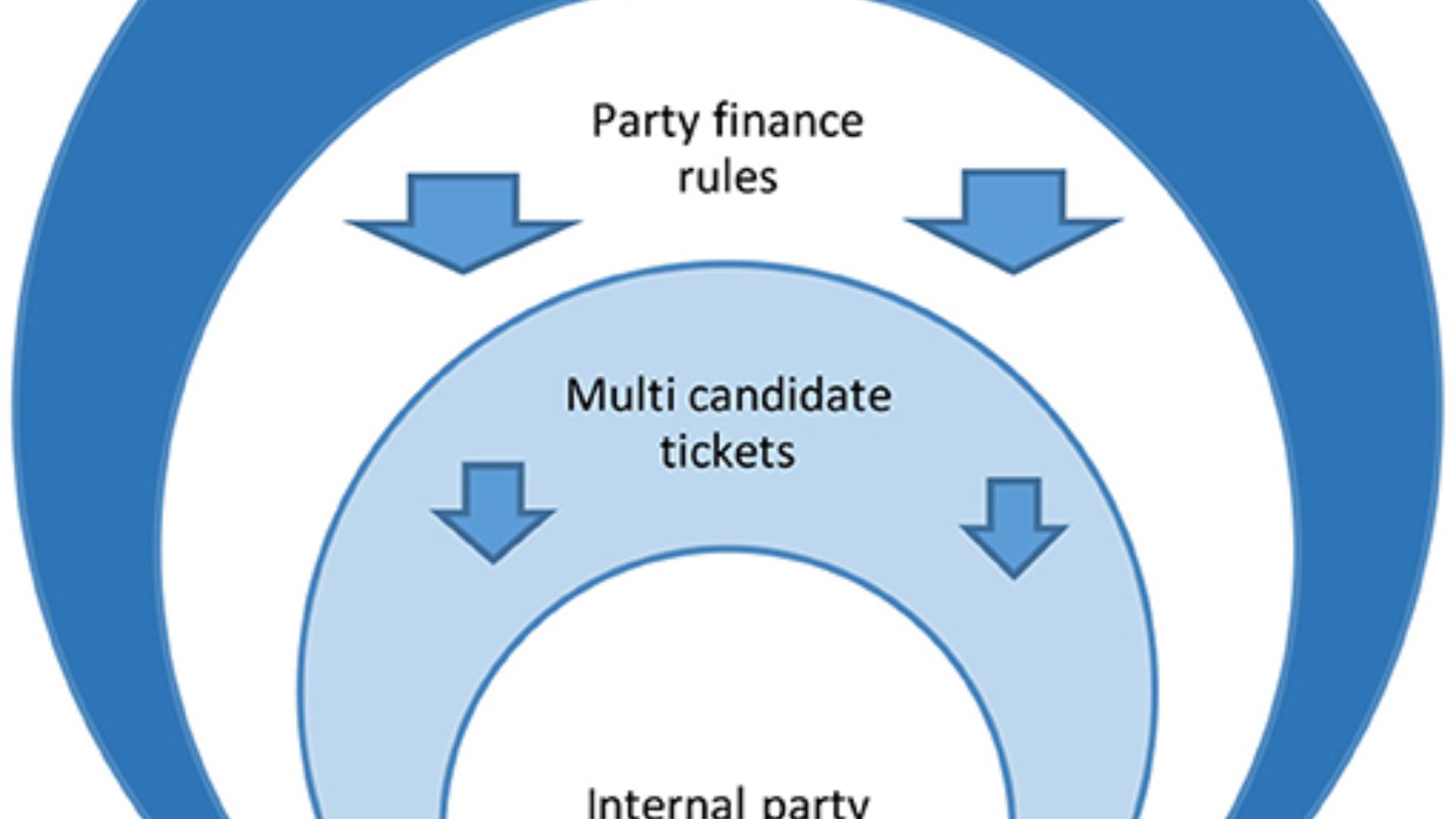When it comes to political movements, understanding the key factors that affect political party success is crucial. The ability of a party to succeed is shaped by several elements, including leadership, public support, and how well they manage their resources. In this article, we’ll discuss the top factors that influence the success of political parties in a democratic system. By breaking down these factors, it becomes clearer why some parties thrive while others struggle to stay relevant.
Strong Leadership is Key
The first major factor that affects political party success is leadership. A party’s success often depends on the strength and charisma of its leaders. Effective leaders can inspire their supporters, clearly communicate their vision, and make difficult decisions when necessary. Without strong leadership, parties may lack direction and struggle to gain the trust of the public.

Public Support and Popularity
Public support is one of the most obvious factors that affect political party success. A party that can effectively connect with voters and address their concerns is more likely to win elections. This connection comes from understanding the needs of the people and communicating policies that resonate with them. When parties fail to gain public support, they risk becoming irrelevant in the political landscape.
Clear and Compelling Ideology
Another important factor that affects political party success is the party’s ideology. Political parties must have a clear, compelling message that separates them from others. Whether they lean toward conservative or progressive policies, having a well-defined stance allows them to attract like-minded voters. Voters need to know what a party stands for, and if that ideology resonates, the party has a much better chance of succeeding.
Efficient Organization and Structure
Behind the scenes, the organization of a party plays a significant role in its success. A well-organized political party can effectively manage campaigns, fundraising, and communication strategies. When a party is disorganized, it can lead to internal conflict, poor decision-making, and a lack of focus, all of which affect political party success. Effective organization ensures that every part of the party works toward the same goal.
Access to Funding and Resources
Money plays an undeniable role in politics, and access to funding is a crucial factor that affects political party success. Campaigns require significant resources for advertising, staffing, and events. Parties with better financial backing can run more extensive campaigns, reach more voters, and promote their message more effectively. Without proper funding, even popular parties can struggle to compete.
Media Exposure and Publicity
Media coverage can make or break a political party. How the media portrays a party can influence public opinion significantly. Positive media exposure allows a party to reach a larger audience, while negative press can damage their image. Controlling the narrative and maintaining a positive presence in the media is another factor that affects political party success.
Party Alliances and Coalitions
Sometimes, a political party may need to form alliances or coalitions with other parties to achieve success, especially in systems with multiple political parties. These alliances allow smaller parties to gain influence and have a say in the government, while larger parties may secure enough votes to win elections. The ability to form successful coalitions can have a major impact on a party’s success.
Understanding and Addressing Voter Concerns
Another important factor is how well a party listens to and addresses the concerns of voters. Parties that align their policies with the needs of the public are more likely to gain widespread support. For example, focusing on critical issues like healthcare, education, or the economy can help attract voters who are looking for solutions to everyday problems. A party’s ability to adapt to changing voter concerns can greatly affect its success.
Flexibility and Adaptability
Political landscapes are constantly changing, and a party’s success often depends on its ability to adapt. Flexibility in policies and approaches allows a party to remain relevant even as public opinion shifts. Parties that are too rigid in their ideology or strategies may find themselves left behind as the needs and priorities of voters evolve.
The Impact of Technology and Social Media
In today’s world, technology, especially social media, has become a powerful tool in politics. A party’s ability to effectively use technology to engage with voters is another factor that affects political party success. Social media platforms provide an opportunity to reach younger audiences, communicate directly with supporters, and share messages instantly. Those parties that can harness this tool effectively can create stronger connections with their base.
Conclusion
There are many factors that affect political party success, from leadership and public support to funding and media exposure. Political parties that can balance all these elements are more likely to succeed in gaining and maintaining power. By focusing on clear messaging, organization, and adaptability, parties can continue to grow and influence political outcomes in meaningful ways.

